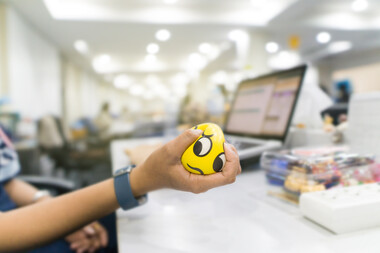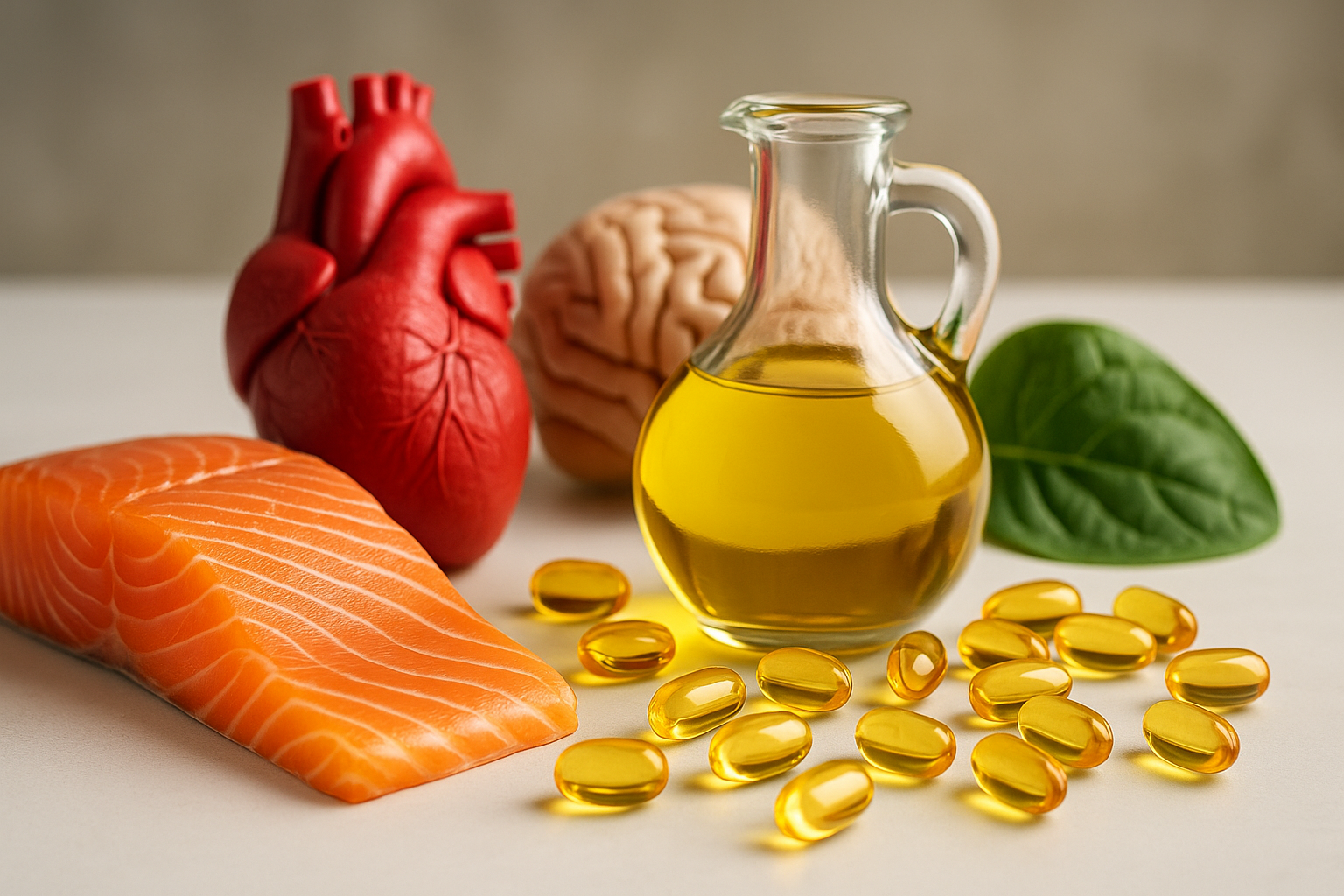
One in five Germans recovered less well or not at all on holiday this summer, a study shows. These findings fit in with the general trend. Six out of ten people in Germany feel stressed. So it is important to arm oneself against this. Natural vital substances are particularly helpful. B vitamins play a role in determining emotional life and mental performance.
Summer, sun, beach, mountains, lakes and city trips: relaxation, that's what we long for after the exhausting pandemic months. But unfortunately, some Germans have not succeeded in doing so, as the DAK-Gesundheit's "Holiday Report 2021" shows. Each and every fifth German recovered less well or not at all this summer, the study shows. This means that the proportion of holidaymakers who were unable to relax during their holidays remains consistently high compared to the previous year. According to the DAK holiday report, 19 percent of Germans were again unable to relax well during their holidays this year. Already in 2020, a good fifth of Germans lacked the hoped-for relaxation effect after their holiday. Before the Corona pandemic, this figure was significantly lower: for example, the proportion of those who were unable to relax was just 13 percent in 2019. Those aged 30 to 44 are particularly stressed: In this age group, more than one in four could not relax well (28 percent). Women in particular did not manage to relax on holiday: Eight percent of the female respondents said they had not recovered at all on holiday. Among men, it was three percent, the study says.
2.2 million people affected by mental health problems
These findings fit the general trend. If people can't even manage to relax on holiday anymore, their mental stability and resilience is obviously not in good shape. Some other figures show this clearly. In Germany, the number of absences from work due to mental illness has risen rapidly. From 2000 to 2019, there was an overall increase of 137 per cent in the number of days absent from work due to mental illness. This is a key finding of the Psychoreport 2020 of the health insurance company DAK-Gesundheit. According to the DAK report, one in 18 employees was absent from work in 2019 due to mental health problems - meaning that 2.2 million people were affected in extrapolated terms.
A quarter of Germans are frequently stressed
And the "Stress Study 2016" of the Techniker Krankenkasse finds that six out of ten people in Germany feel stressed. Just under a quarter of the population, 23 percent, even say they are frequently stressed. Already in 2012, 60 million days of incapacity to work were registered nationwide due to mental illness. According to the Stiftung Deutsche Depressionshilfe (German Depression Aid Foundation), depression is one of the most common illnesses and one of the most underestimated in terms of its severity. Every fifth German citizen suffers from depression once in their life, and a total of almost five million people in Germany are affected by unipolar depression requiring treatment every year.
Chronic stress puts the body in a permanent state of activation.
This is a big problem for millions of people. They are under constant stress and often do not know how to go on. People can't even switch off on holiday. Work, family, friends: nasty stress traps lurk everywhere, which can have nasty consequences in the long run. "Chronic stress puts the body into a permanent state of activation, which leads to exhaustion. People who are permanently stressed have a higher risk of suffering a heart attack or stroke. Inner tension and difficulty concentrating are the first psychological consequences of stress," says ERGO Insurance, for example.
B vitamins, for example, play an important role in nerve metabolism.
It is therefore important to arm oneself against this. Natural vital substances are particularly helpful. B vitamins, for example, play an important role in the transmission of stimuli in the nerve metabolism, which is why they are often referred to as "neurotropic" vitamins. In fact, these "psycho" vitamins play a role in determining emotional life and mental performance. They are involved in the production of various messenger substances: For example, serotonin (for inner peace), melatonin (the sleep messenger), noradrenalin (for a joyful zest for action), dopamine (for a happy, carefree disposition), acetylcholine (for a good memory) as well as 40 other messengers known so far. The B vitamins thus actively intervene in the psyche and play the keyboard of emotions. And they help determine whether a happy melody should be played or a sad one.
Balance of micro- and macronutrients in the body is crucial
In the product "Vitamin B Complex High Dose", Natura Vitalis has brought together eight B vitamins and integrated them into the formula, and on top of that, these vitamins have each been highly dosed from an orthomolecular point of view. Orthomolecular science assumes that human health is influenced by a certain balance of micro- and macronutrients in the body. In order to maintain and guarantee this balance, orthomolecular nutritional science focuses on the question of the "right particles" (nutrients) and their respective quantity/dosage in the diet to be recommended for this purpose.
This text may contain translation errors as the translation was done by an online translation tool.










